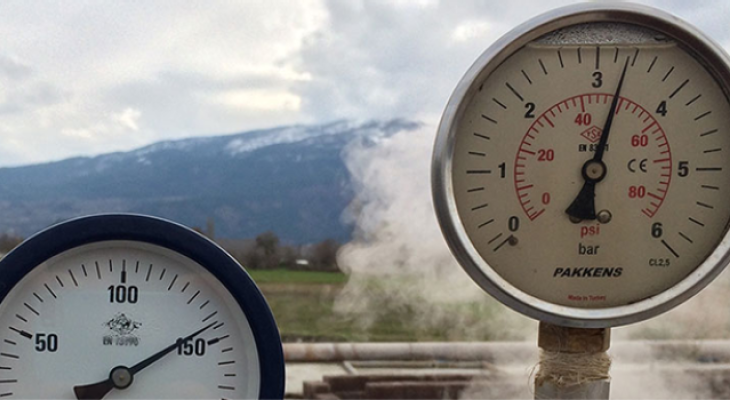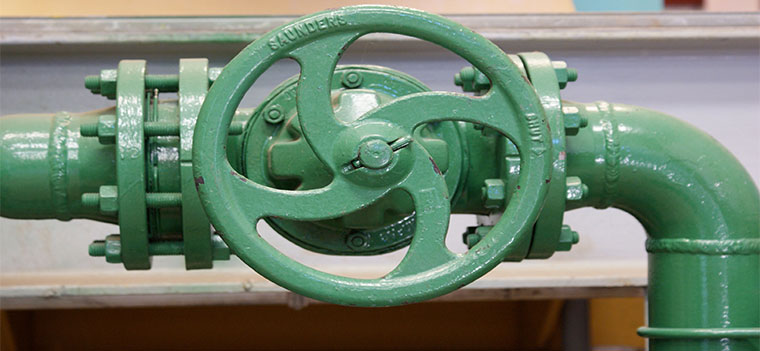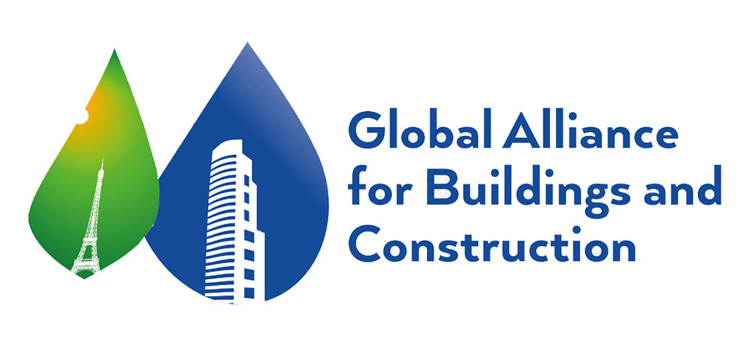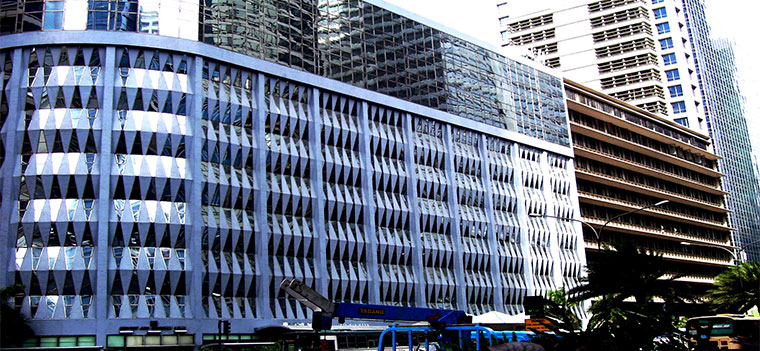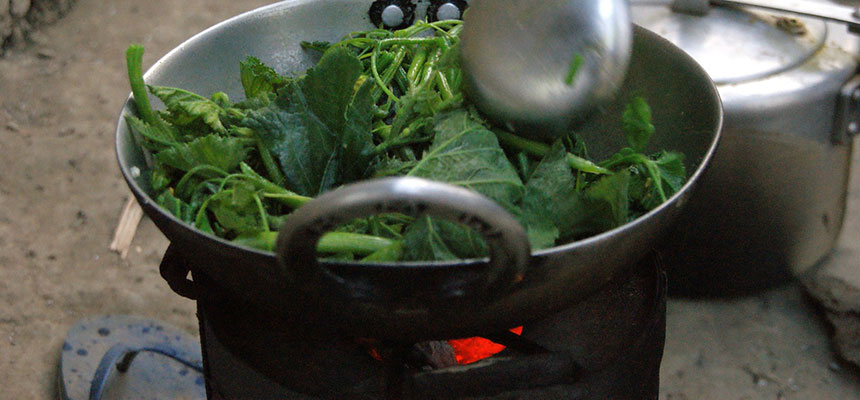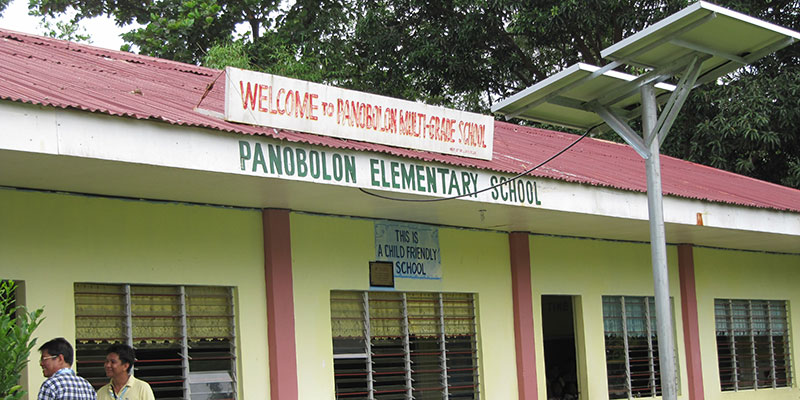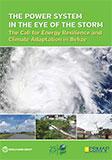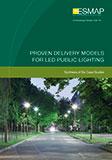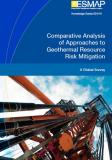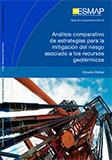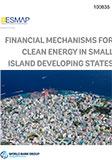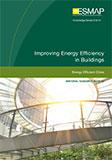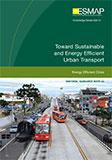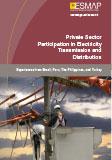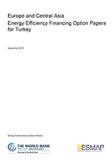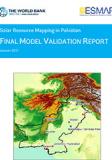E-BulletinIssue | September - October 2016
Highlights
November 21 2016
São Tomé and Príncipe (STP) faces critical energy challenges that have been an obstacle to the country’s economic growth. Only 60% of its population has access to electricity.To revitalize the sector and increase access, the Government aims to reduce the use of fossil fuels, scale up the use of renewables, and improve the public utility’s financial sustainability and quality of services.
November 25 2016
January 13 2017
ESMAP joins the concerted global effort spearheaded by the Global Alliance for Buildings and Construction(GABC) to support the mobilization of resources for the scale up of actions in developing countries to help realize the huge potential for the buildings and construction sector in reducing its emissions throughout its life cycle, while harnessing multiple benefits including lower energy costs, enhanced comfort, air quality and better health.
November 14 2016
Buildings are one of the main consumers of energy, using about 35% of the world’s energy and accounting for about 70% of greenhouse gases in urban areas. Energy- and resource-efficient building solutions are crucial to avoid locking in countries into inefficient, GHG-intensive, and expensive development. ESMAP, through its City Energy Efficiency Initiative, is supporting IFC’s EDGE program, which works with an array of stakeholders to promote green buildings.
November 29 2016
Ukraine is one of the most energy-intensive economies in the world, leading to a high burden on state and municipal budgets.Under the Covenant of Mayors, several cities across the country have committed to increasing energy efficiency and reducing carbon emissions by 20% by 2020. To enable this transition, ESMAP supported TRACE diagnostics in four of these cities to help them assess opportunities to reduce energy expenditures and plan urban efficiency programs.
March 29 2017
Indoor air pollution is a critical health issue that affects many households in Nepal. Approximately 75%—or 4 million—of Nepal’s 5.43 million households cook indoors, using fuels like firewood, cattle dung, or agro-waste, in inefficient traditional cookstoves. The negative health consequences—disproportionately impacting women and children—have been well documented. The collection of these fuels is an arduous process, occupying most of the day and causing physical stress. Smoke from these stoves penetrates deep into the lungs, causing deadly and acute health effects. In Nepal approximately 8,700 people die each year from exposure to indoor air pollution.
November 7 2016
ESMAP and the United Nations Framework Classification for Fossil Energy and Mineral Reserves.
November 28 2016
Publications
Resources
Events
Learning and Collaboration
Published on: 10/31/2016
